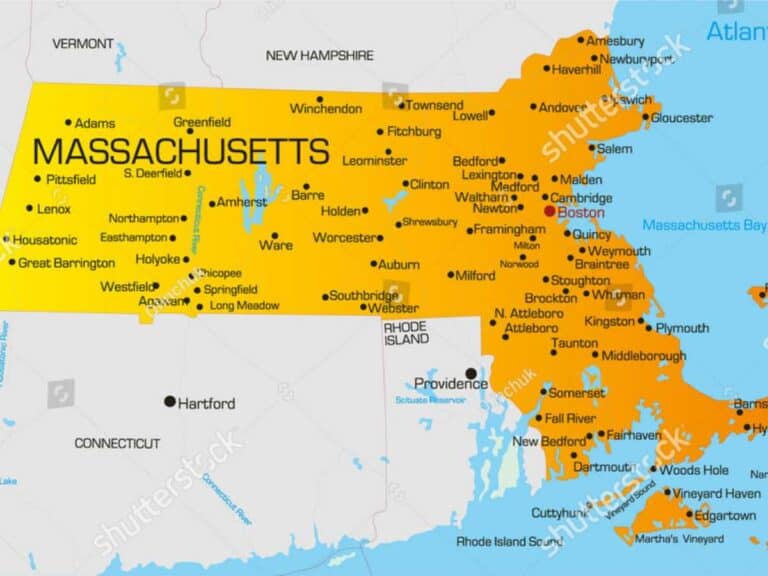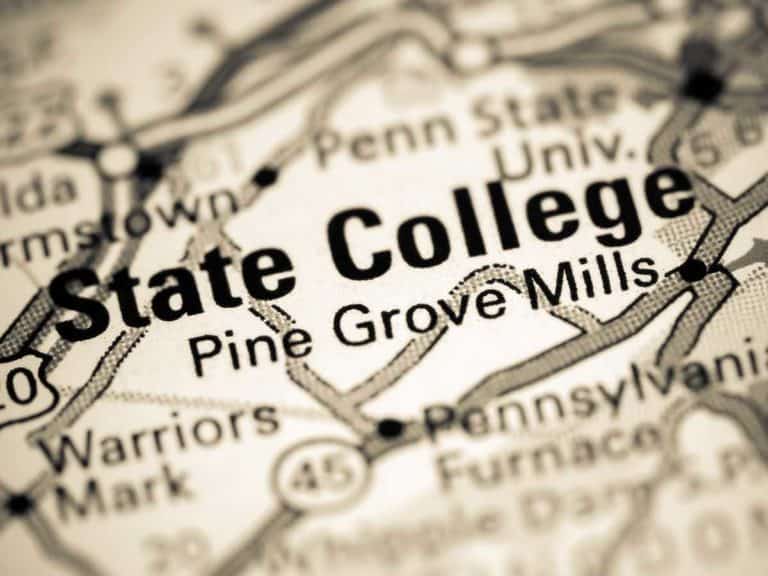Role of Wealth in College Admissions
A two-time Grammy winner once said money changes everything.
From 1980 to 2020, tuition costs at American colleges and universities increased by 180%.
No matter how high the cost of attendance gets, it won’t keep students from higher economic status groups from pursuing a college degree from their top-choice schools.
Enrolling is one thing, and getting an offer to enroll is another.
So, can you get into any college with money?
While the college admissions process should be based on merit, unfortunately, rich kids have certain advantages that can make their applications more appealing to college admissions officers.
However, in most instances, money alone cannot get them into college.
Teens from affluent families also need to work to reap the results of the perks money can buy, from private SAT tutoring services to participation in extracurriculars or internships abroad.

Private High Schools Prepare Students for College Better
Technically, paying to get into college begins in secondary school.
Rich kids attending private high schools and even well-funded public high schools in prosperous districts have access to better academics and resources vital for college preparation.
For instance, on average, private high schools offer as many as 11 AP courses.
Having plenty of selections allows kids enrolled in these institutions to register for college-level courses that align with their interests and intended majors, thus adding value to their college application.
Many colleges love rigorous academics!
AP courses are weighted, too, which means that taking them can boost the GPA by leaps and bounds.
However, it’s worth noting that it’s not always that moneyed high schoolers can take advantage of AP course availability to gain an edge in the college admissions process.
As an example, not too long ago, many elite high schools in the Washington area dropped the AP program.
Stronger Support Systems Strengthen Admissions Chances
The college admissions process has never been easy and stress-free.
Generations and generations of college-bound teens have struggled with selecting the best-fit schools, filling out lengthy forms, writing endless essays, and obtaining recommendations.
Often, wealthy households use their money to provide their kids with strong support systems.
From private high school counselors to private college admissions coaches, applying to colleges becomes simpler.
Support can also come from the parents of rich high schoolers.
According to Entrepreneur, nearly nine out of 10 millionaires have college degrees, meaning that it’s likely for the parents of kids from high-income backgrounds to have gone to college.
They can share their college-related experiences, including the application process, with their youngsters.
With numerous sources of support and encouragement, it’s no wonder that having more money can make a college-bound teenager’s college admissions fears less.

Rich Kids Usually Have Higher Test Scores — Here’s Why
Can you pay your way into college?
Provided that you spend money on the right things, yes, you probably can!
Around 4% of colleges today are test-blind, while approximately 80% are test-optional.
College admissions officers at many test-optional schools recommend submitting SAT or ACT scores to improve admissions odds, although they do not penalize those who refuse to do so.
That said, rich high schoolers tend to get into college better as far as standardized tests go.
Their families can afford to pay for expensive test prep courses, some of the best can cost anywhere from $1,500 to $2,000 or more, and private test tutors, who charge $70 an hour, on average.
On the other hand, poor kids have to make do with what’s available online for free.
Retaking the SAT costs $60, while the ACT costs $68.
Standardized tests aren’t cheap, but that is not an issue with teens whose parents are loaded, thus allowing them to retake the SAT or ACT as many times as they like until they are satisfied with their scores.
Need I Say That Need-Aware Colleges May Reject Poor Kids?
Colleges and universities with holistic admissions consider various factors when reviewing applications.
Besides GPA, they also look into non-academic criteria like extracurriculars and volunteer work.
Some of these schools also check out an applicant’s financial status — they are need-aware colleges such as American University, Bryn Mawr College, Ohio State University, and Tufts University.
Others pretend to be need-blind, but they’re not, like George Washington University.
It’s not uncommon for need-aware colleges to limit the number of students they accept who demonstrate financial need and, therefore, require scholarships and grants to pay for higher education.
Meanwhile, high schoolers whose families can afford the sticker price may not have trouble getting in.
Need-aware colleges admit poor students and offer them financial aid, too.
In fact, many are generous, often meeting 100% of a low-income attendee’s demonstrated need.
However, college admissions experts agree that degree-seeking students from underprivileged households are best served by institutions with need-blind policies.
Once need-aware schools run out of aid, those who are unable to pay full tuition costs are out.
Alumni Kids are Richer and Have Better Admissions Chances
Can you buy your way into college?
In some situations, you can with your reputation!
According to Inside Higher Ed, approximately 42% of colleges and universities, including some of the most prestigious in the US, include legacy preferences in the admissions process.
It means that they prefer candidates whose family members attended the same institution.
Also known as legacy admissions or alumni connections, legacy preferences favor wealthy college applicants.
Based on one estimate, legacy students are up to eight times more likely to get into elite colleges.
On the other hand, it puts poor kids at a disadvantage since it’s unlikely for their parents to have had the money to pay for college, especially elite ones that charge a huge sum of cash.
Many schools prefer legacy applicants to maintain strong bonds with graduates.
Reasons vary from college to college, but the following are true:
- Legacy students are more likely to matriculate, thus boosting the yield rate
- The parents of legacy students are more likely to make generous donations and gifts

Application-Boosting Opportunities Available to Wealthy Kids
Most high school teens from low-income backgrounds have a lot of things on their plates.
For instance, some of them might need to have a job to help with the family’s finances or send themselves to school, while others might have to take care of sick loved ones themselves as private care is pricey.
As a result, they might not participate in extracurriculars.
They might also turn down internships, summer programs, and similar enriching activities due to a lack of time.
Meanwhile, their rich counterparts not only have all the money in the world but also all the time, thus allowing them to partake in as many meaningful extracurriculars, especially those that align with their intended college majors.
Their wealth also permits them to travel and connect with influential figures.
Many colleges also prefer applicants who demonstrate a great deal of interest in attending, and rich high schoolers can afford to take as many college tours as they can to show how much they are vested in enrolling.
According to US News, a college visit in an expensive city can cost as much as $2,000!
Read Next: Should College Be Free For Everyone?
Disclaimer: The views and opinions expressed in this article are those of the authors and do not necessarily represent those of the College Reality Check.





